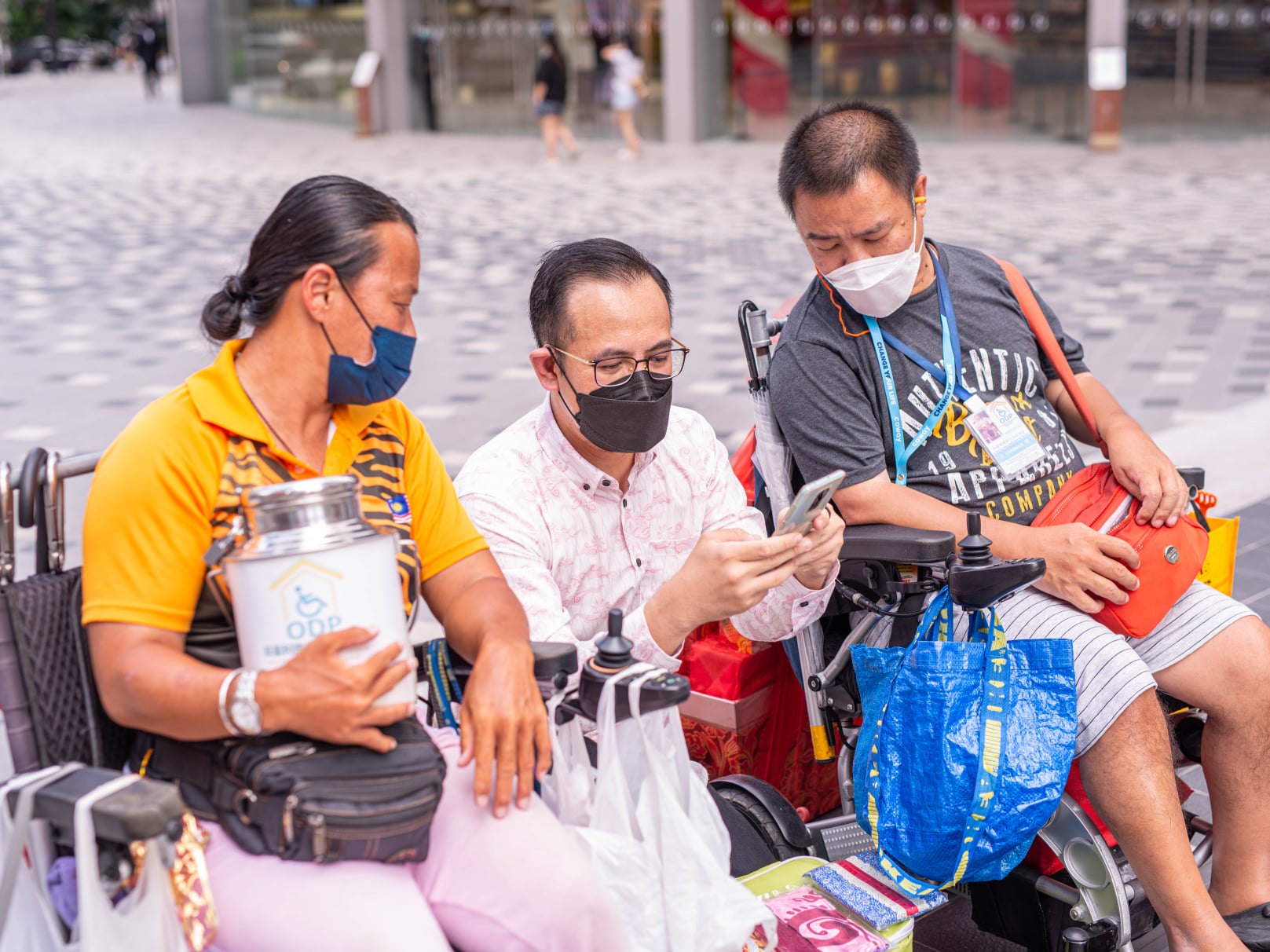ADVOCATES for the disabled community have slammed the deputy sports minister’s recent remark that a former para-athlete “chose” to earn a living by selling tissues pouches.
On Monday (July 25), Parliament was told that former ASEAN Para Games swimmer Koh Lee Peng was not neglected by the Government, after she went viral earlier this year for selling tissue pouches in Bukit Bintang.
“When I met her, she was very satisfied with what she was doing and asked the public not to disturb her. That is her choice,” Deputy Youth and Sports Minister Datuk Seri Ti Lian Ker told the Dewan Rakyat, The Star reported.
“She was doing business and her income was good. Why was this made into an issue and made to seem like it was the Government’s problem?” he asked.
Koh, who was also the 2016 Malaysian Female Paralympic of the Year, reportedly turned down assistance from the National Athletes’ Welfare Foundation in recent years as she wanted to be independent.
Rangkaian Solidariti Demokratik Pesakit Mental (SIUMAN), however, disagreed with Ti’s argument about disabled folks having a “choice” in dictating their lives.
“What choices does one have when society remains inaccessible and the OKU (the disabled) are second-class citizens by force of law and policy?” it tweeted to Ti on Monday (July 25).
“Stop being dismissive of the discrimination that OKUs face and start listening to us,” the group added.
SIUMAN noted that Koh had an office job previously, but had to quit her as there was no lift in the building and she could not easily move around.
“It is inaccessible public spaces and negative social norms (like your dismissive attitude to legitimate OKU issues) that disable us,” SIUMAN said in another tweet to Ti.
Inaccessible environments
The group cited a World Health Organisation (WHO) article that said disability takes place when individuals with a health condition have to tackle factors like inaccessible public buildings and transportation.
The WHO article added that such inaccessible environments hinder the full and effective participation of persons with disabilities in society on an equal basis with others.
As do all Malaysians, the disabled have a right to good governance and the right to participate in a democracy, SIUMAN said.
“Few elected officials are seriously talking about this. No political coalitions are seriously talking about this.
“This is fine; just don’t tell us to not talk about it,” it said.
SIUMAN called for legal and “meaningful” policy reforms to better protect the rights of the disabled in Malaysia, starting with a reflection of this in the Federal Constitution.
Article 8 (2) on equality does not include the word “disability”, it pointed out, which it said implies the Government does not recognise the community as equals.
“With the omission of equality in the Federal Constitution, Akta OKU (the Persons with Disabilities Act 2008) explicitly makes OKU second-class citizens,” it added.
Gaps in protection and equality for the disabled are further “enabled” by the Government’s reservations to the Convention on the Rights of Persons with Disabilities (CPRD), SIUMAN said.
This includes objections to CRPD articles on non-discrimination and equality of opportunity, and reservations to an article on non-discrimination on the basis of disability.
“Ad-hoc solutions are great,” SIUMAN said, “but we really need structural and institutional reforms to enfranchise OKUs.
“We’re tired of all the lip service of ‘santuni OKU’.”
SIUMAN (the Malay word for “sane”) is a collective of mental health patients and allies fighting for socio-economic and political equity and equality for the mentally ill. – July 28, 2022
Main photo credit: TheSmartLocal









